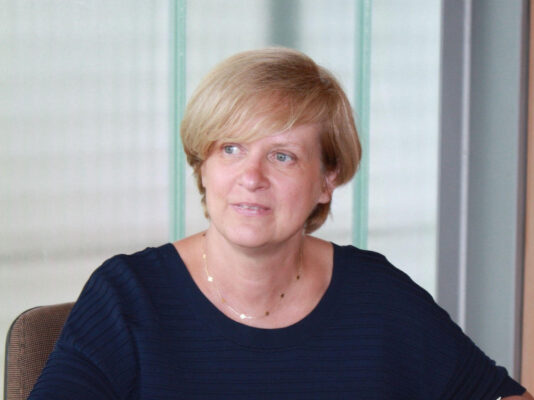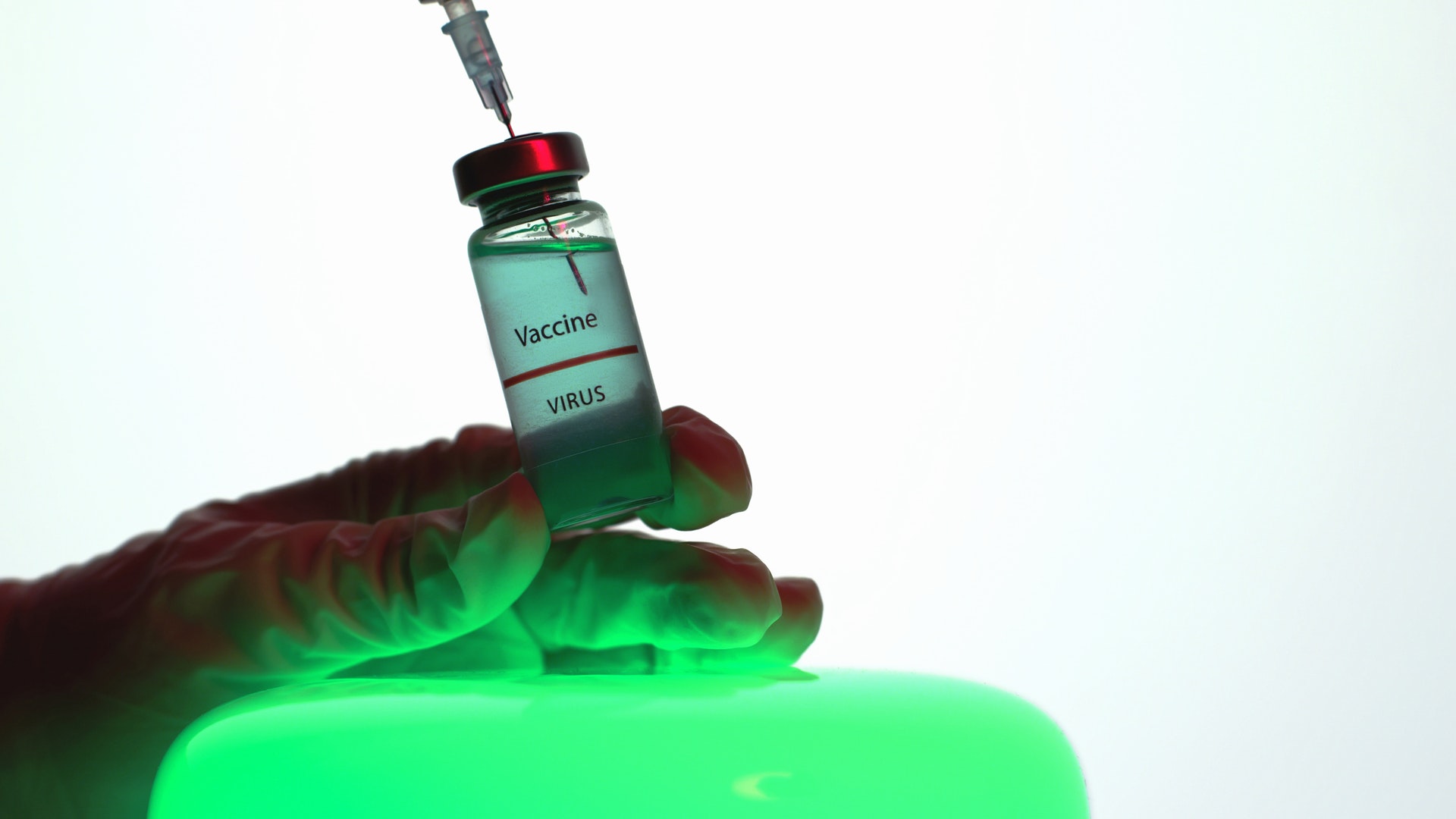Big news from Belgium: pharmacists can, for the first time, vaccinate against COVID-19. The move, which became official on 11 March, follows a long campaign by pharmacy organisations and means Belgium has joined a growing number of European countries where pharmacists can offer vaccines.
Portugal, Ireland, the UK, Denmark and France are among those which offered vaccines in pharmacies before the COVID-19 pandemic, with several countries joining the list over the past two years. ‘Pharmacists may now vaccinate in pharmacies in Belgium,’ says Marleen Haems, Director of Profession Management at KOVAG, a professional association of pharmacists in East Flanders. ‘This only applies to COVID-19 vaccines. Still, we think it could be a breakthrough, helping to reach those who have yet to have a first, second or booster vaccination.’
COVID-19 vaccination coverage in Belgium is relatively high, with around 79% having received two doses and 61% receiving three doses. However, there is variation across the country, with Brussels recording lower rates than the national average: 63% of residents in the capital have had two doses; just 37% have had three.

This means that, despite a sustained effort by health authorities and providers, large numbers of people have not completed COVID-19 vaccination. They may find it easier to get vaccinated at their local pharmacy, says Haems, who leads a National Sector Task Force on Vaccination for Pharmacists.
‘The pharmacist is the ideal person for this as they are the most accessible healthcare provider,’ she says. ‘Everyone needs a pharmacist from time to time. The threshold for other care providers is higher: you have to have a complaint before you consult a doctor; you have to be seriously ill before a home care nurse will visit you. The proximity of the pharmacist is an asset in healthcare that is still underutilised.’
What changed?
A number of countries have mobilised their pharmacy workforce for the first time as part of national COVID-19 vaccination campaigns. Some have recruited pharmacists to administer vaccines in mass immunisation centres while others have introduced laws that allow vaccination in pharmacies.
In some countries, this marked a shift from a long-standing reluctance to allow pharmacists to administer vaccines. ‘The fear of competition between healthcare providers was a major issue in opening up the administration of vaccines to pharmacists,’ Haems says. ‘However, the positioning of pharmacists within communities, and therefore their ability to increase awareness and access hard-to-reach people more easily were also important factors to consider.’
To support cooperation between healthcare providers in tackling vaccine uptake, the Belgian institutes for continuing education for pharmacists established a vaccinator training programme which has been completed by 4,600 pharmacists. ‘In other words, all these pharmacists were united,’ says Haems. ‘They made a massive effort to complete the training, even though there was no legal framework at the time and no guarantee that ‘vaccination by pharmacists in pharmacies’ would be introduced.’

Despite the willingness of pharmacists to offer vaccination, the legal backing for the move was slow to arrive. Even in vaccination centres, pharmacists had a role in preparing vaccines but doctors and nurses were tasked with administration.
In the Brussels Capital Region, 25 pharmacies began offering vaccines in October 2021, but the administration was done by a doctor and nurse rather than a pharmacist. This was seen as an inefficient use of health professionals’ time, but demonstrated that pharmacies were viable venues for vaccine delivery. Ultimately, policymakers could no longer ignore the demand from citizens and pharmacists for a change in the rules.
Turning to law into practice
While the legal framework now empowers pharmacists to deliver vaccination in pharmacies, Haems does not expect this to translate immediately into a surge in vaccine uptake. ‘We are still working on the efficient distribution of vaccines through the regular channels from wholesalers to pharmacists. And we are also still working on establishing a fee for the pharmacist as a vaccinator,’ she explains.

In Brussels, the regional government is proactively increasing the number of pharmacists taking part in the COVID-19 vaccination programme. Elsewhere, things are moving more slowly, with pharmacists being supplied with vaccines through vaccination centres rather than through their usual sources. ‘This is an obstacle to a quick and efficient roll-out,’ says Haems. ‘Nevertheless, the willingness of pharmacists is very high.’
Pharmacy leaders in Belgium hope the change in the law, and fine-tuning of distribution systems, can move the needle in areas where uptake appears to have plateaued. ‘A healthy person who wants to get vaccinated would prefer to do so with as little effort as possible by just walking into the pharmacist around the corner. It is about time that we started playing ‘proximity’ as a trump card.’



